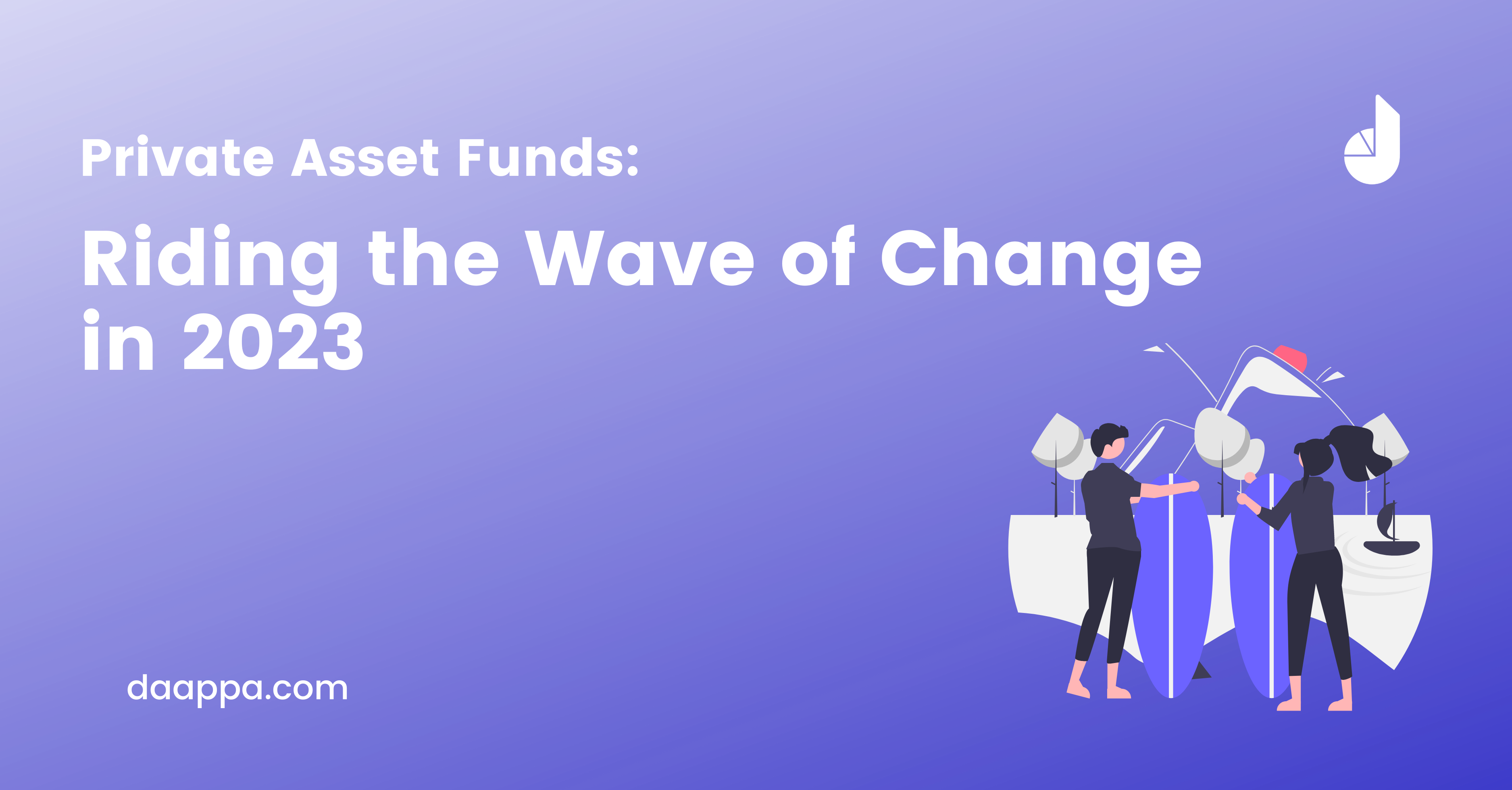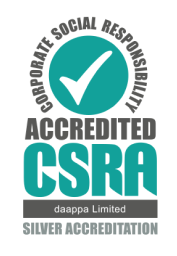The private equity market in 2023 is characterised by both opportunities and challenges. Without getting into the impact that the new crop of ‘AI’ tools is likely to be felt by all industries, the increase in interest rates, a result of high inflation, appears to be the new normal if the recent comments from central bankers are to be believed. As a result, there has been a noticeable shift in investor focus away from private equity and real estate towards higher-yielding private debt and hybrid strategies.
The recent passing of ELTIF 2.0 (European Long-Term Investment Funds) by European parliamentarians is likely to be a significant enticement for the industry to tap into a new pool of capital. ELTIF 2.0 allows a broader scope of eligible assets including liquidity pockets, the removal of the €10,000 entry ticket, and the removal of the minimum net worth requirement. While ELTIF 2.0 won’t launch until 2024, the trends towards retailisation for high-net-worth individual (HNWI) and private banking customers we’ve seen in recent years are only going to accelerate in 2023.
Environmental, Social and Governance (ESG) factors remain a significant driver for investors and are predicted to become even more important for the next generation of investors. ESG plus the complexity of new fund types and retailisation comes with heightened regulatory, compliance, and transparency pressures. As a result, all firms face operational and technical challenges in responding to these trends.
To effectively respond to these trends, private asset-focused firms must consider their current positioning and their specific challenges. This may involve a transition away from a purely PE-focused strategy to a broader strategy that includes private debt and other higher-yielding assets, or from retail to private funds or vice versa. To formulate an appropriate response, outsourcing/insourcing of front, middle, and/or back offices has to be considered.
There is one common challenge that most firms face today, which is an investment and accounting solution that has been built specifically to cater to a wide spectrum of illiquid and liquid private asset strategies across equity, real estate, and private debt including infrastructure. Firms that had previously chosen a ‘best of breed’ single asset type focused solution are finding that they now require different investment and risk management processes, analysis and reporting tools, and other operational need that support a broader range of assets.
Unfortunately, this need comes at a time when firms face undying pressure to reduce costs while operating in a tight labour market, so there is a balancing act of investing in new systems and processes with the pressure to keep fees low in a competitive market.
Firms that have invested in flexible and customizable solutions like daappa Core, which cater for a broad range of asset classes out of the box plus the ability for users to customise and define security setup, are finding it easier to pivot to new strategies.
Similarly, many firms who invested in systems focused only on an institutional LP client base now face a challenge in meeting the operational and technical requirements to support the retailisation of private markets. This may include a stricter compliance framework, operational complexities related to liquidity management, and additional reporting requirements needed to comply with client expectations and regulatory standards such as those under AIFMD and UCITS.
Technology can help firms to identify potential risks and allows for effective risk management strategies to be implemented. Having the ability to ‘look through’ fund structures, as in understanding the complex flows of funds from an investor to investments, is a common request from all firms.
Firms that choose a technology solution like daappa Studio+, which can not only visualize these complex relationships but also validate exposures at investor and investment levels, find themselves empowered to manage risk more efficiently and provide greater confidence to clients, investors, and regulators alike.
Investor and regulator ESG expectations are relatively established, yet many firms still face challenges in adopting a robust ESG framework and scalable reporting capabilities to meet these expectations. While there has been a healthy dose of technology and service providers supporting the market in a range of ways, such as providing data or systems focused on investment management, portfolio monitoring, accounting, and reporting, the costs and effort of adopting another technology system are a barrier for firms.
Finding a solution that is flexible to changing needs, can integrate with many varied data sets, has broad asset class coverage and has integrated front-to-back-office capabilities can negate the need to invest in multiple-point solutions for ESG and other purposes.
Comprehensive and customisable technology platforms like daappa can help firms to remain competitive and operationally efficient through good times and challenging times. These platforms offer broad asset class coverage, integrated front-to-back office capabilities, and the ability to integrate with a wide variety of data sets. In addition, they can help firms to identify potential risks and adopt a robust ESG framework and scalable reporting capabilities to meet investor and regulatory expectations.
In conclusion, firms that successfully navigate the changing landscape of the private asset industry will be those that are agile, flexible, and willing to embrace new technologies and strategies. The key to success will be finding the right solution that provides customisation, scalability, and broad asset class coverage, while also remaining competitive and operationally efficient.
To find out more about daappa contact Nicholas Wright (UK & Ireland) or Renato Moreschi (EMEA)








